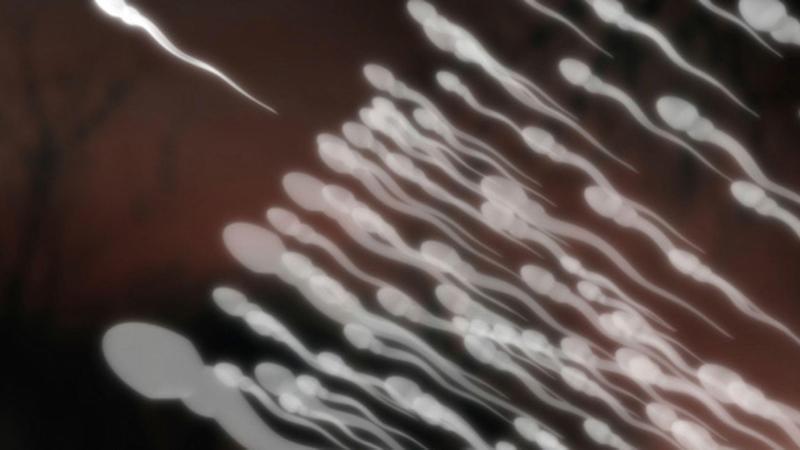The “Nobel Prize Sperm Bank” Was Racist
The “Nobel Prize Sperm Bank” Was Racist
The Story of The Nobel Prize Sperm Bank
The Repository for Germinal Choice should deliver super-kids from the sperm of white successful people
Robert Klark Graham made millions with shatterproof focal points for eyeglasses and contact focal points. In any case, he didn’t stop there.
Graham brought into the world on this day in 1906, went on to establish the Repository for Germinal Choice, a sperm bank that should create “super-kids” from the sperm of (white) successful people, similar to Nobel Prize victors. This uncommon effort to control generation was immediately evaded by the more extensive public. However, it assisted with changing the matter of sperm gift in manners that keep on bringing up issues.
The Repository was opened in 1979 in Escondido, California, as indicated by Lawrence Van Gelder for The New York Times. Among Graham’s contributors were three Nobel laureates. Indeed, “Nobel Prize sperm bank” was the epithet that the activity immediately acquired in the press, as indicated by David Plotz, writing in Slate. Amusing, taking into account that Graham himself left with a 1991 Ig Nobel for the vault.
After Graham attempted to sell the push on his thought in 1980, Plotz composes, two of the laureates immediately retreated. Many said—with reason—that Graham’s hypotheses going to make “ideal” youngsters appeared to be a great deal like the selective breeding development of the mid 20th century that at last moulded Nazism. Every one of his givers was white and must be hitched heteros, among different measures, and the bank would just stockpile sperm to ladies who were the equivalent. In principle, Graham said, the bank would create youngsters that were all white, keen, neurotypical and truly adjusting to one ideal stylish.
William B. Shockley, the designer of the semiconductor and beneficiary of the 1956 Nobel Prize in Physics, was the simplest one to publically confess to being in the Repository, even though Plotz composes that he never gave again. Shockley’s longstanding standing for prejudice and embracing developmental pseudo-speculations that wandered far external his specialized topic assisted with defaming the bank.
After some time, Graham downsized his guarantees from Nobel-winning sperm, composed Tom Gorman for the Los Angeles Times in 1992, 10 years after the main Repository child was conceived. “No ladies ever picked a Nobel laureate’s sperm—the men were likely too old in any case, Graham defended later—and today there is no Nobel sperm in the bank,” he composed.
Even though Graham’s methodology was immediately disparaged, composes Plotz in an alternate article for The Guardian, some future guardians actually searched out Graham and his vials of alleged “virtuoso sperm.” 218 youngsters altogether were conceived of sperm from the bank.
In any case, the bank additionally affected the ripeness business itself, Plotz composes. In any event, for individuals who might discover the beliefs embraced by somebody like Shockley ethically repulsive, the possibility of having some command over the way toward picking a hereditary parent for their youngster engaged guardians, he composes. Before Graham’s sperm bank, getting benefactor sperm was an unknown encounter that was totally constrained by a doctor. Guardians knew minimal more than the eyeshade of their contributor. Graham offered a few guardians a chance to feel more secure about their decision of hereditary material.
Today, sperm banks are more similar to Graham’s methodology than the past one, and they offer huge contributor subtleties to forthcoming guardians. The bait of decision is one of the promoting methodologies of sperm banks, which are, all things considered, organizations. Be that as it may, whether or not sperm banks are taking part in genetic counselling in some way or another has never truly disappeared.
Offering guardians the opportunity to choose for everything from wellbeing to insight implies that sperm banks are as yet attempting to make “ideal” kids, composes George Dvorsky for Gizmodo. “It’s narrowing humankind when we’re beginning to acknowledge numerous parts of variety,” bioethicist Kerry Bowman told Dvorsky. For example, innovativeness has a “high relationship with a portion of the things prohibited by sperm banks, for example, dyslexia.
Be the first to post a message!
